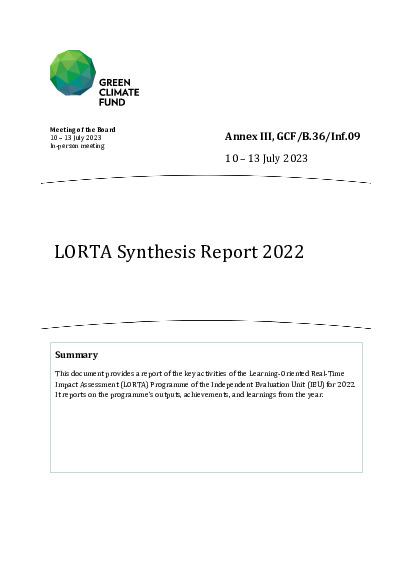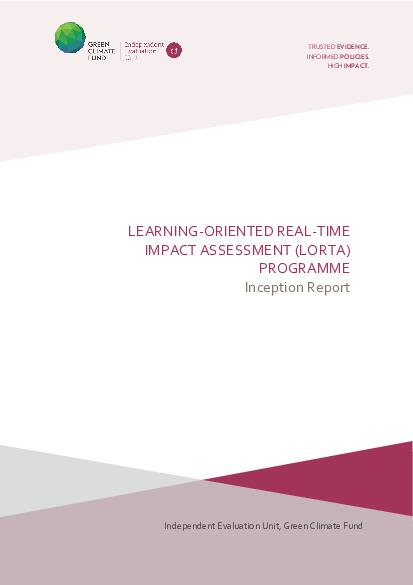FP068
Scaling-up multi-hazard early warning system and the use of climate information in Georgia
Scaling-up multi-hazard early warning system and the use of climate information in Georgia
This evaluation aims to assess the impact of the FP068 "Scaling-up Multi-Hazard Early Warning System and the Use of Climate Information in Georgia" on vulnerable populations in flood-prone areas of Georgia. This UNDP project seeks to develop a proactive, integrated climate risk management approach by establishing a nationwide Multi-Hazard Early Warning System (MHEWS) and incorporating climate information into planning and decision-making processes. The impact evaluation specifically examines the impact of two sub-components of the project, Community-Based Early Warning Systems (CBEWS) and Community-Based Climate Risk Management (CBCRM), on household's resilience against climate shocks.
-
TopicTo be determined
-
Project componentImplementation of CBEWS and community-based climate risk management (CBCRM)
-
Impact evaluation designRandomised Control Trial (RCT)
-
Target beneficiaries52 per cent of 258,841 beneficiaries are expected to be women. The baseline data collection achieved a sample size of 2,103 households, including 1,065 interviews in the treatment group and 1,038 interviews in the control group.
Timeline
Onboarded to LORTA
Jul 2018
Baseline data collected
Dec 2023
Baseline report to be published
Sep 2024
Endline report to be published
Jul 2026
One region
- Eastern Europe
One country
- Georgia
Reports

LORTA Synthesis Report 2022
19 Jun 2023
This document provides a report of the key activities of the LORTA Programme for 2022. It is Annex III of a report of the key activities of the Independent Evaluation Unit (IEU) for the period of 1 January to 30 April 2023. It reports on the IEU’s outputs and achievements in line with its Board-approved work plan for 2023.

LORTA Inception Workshop 2018
04 Dec 2018
This report introduces the Learning-Oriented Real-Time Impact Assessment (LORTA) programme, initiated by the Independent Evaluation Unit (IEU) of the Green Climate Fund (GCF). The LORTA programme aims to embed real-time impact evaluations into GCF projects to measure their effectiveness and enhance learning. It includes outcomes from the design workshop held in Bangkok, Thailand, project selection criteria, and an implementation timeline.
Impact
Early findings from LORTA's baseline data collection for FP068 are expected to be released later this year.
To be shared at a later date.
To be shared at a later date.
Details
The project: The FP068 project aims to create a proactive integrated climate risk management approach through the establishment of a country-wide multi-hazard early warning system (MHEWS) and the use of climate information in planning and decision-making. The project also seeks to reduce exposure of Georgia’s vulnerable communities, their livelihoods and infrastructure to climate-induced natural hazards through a well-functioning nation-wide MHEWS and risk-informed local action. It seeks to scale-up key aspects of the “Developing Climate Resilient Flood and Flash Flood Management Practices to Protect Vulnerable Communities of Georgia,” project to encompass a total of eleven river basins and regions of Georgia.
Impact evaluation: LORTA's impact assessment focuses on evaluating the implementation of Community-Based Early Warning Systems (CBEWS) and community-based climate risk management (CBCRM) on the vulnerable populations in flood-risk areas of Georgia. This is critical owing to the scarcity of evidence in the literature on the impact of early warning system interventions targeting the adaptive capacity of communities and households.